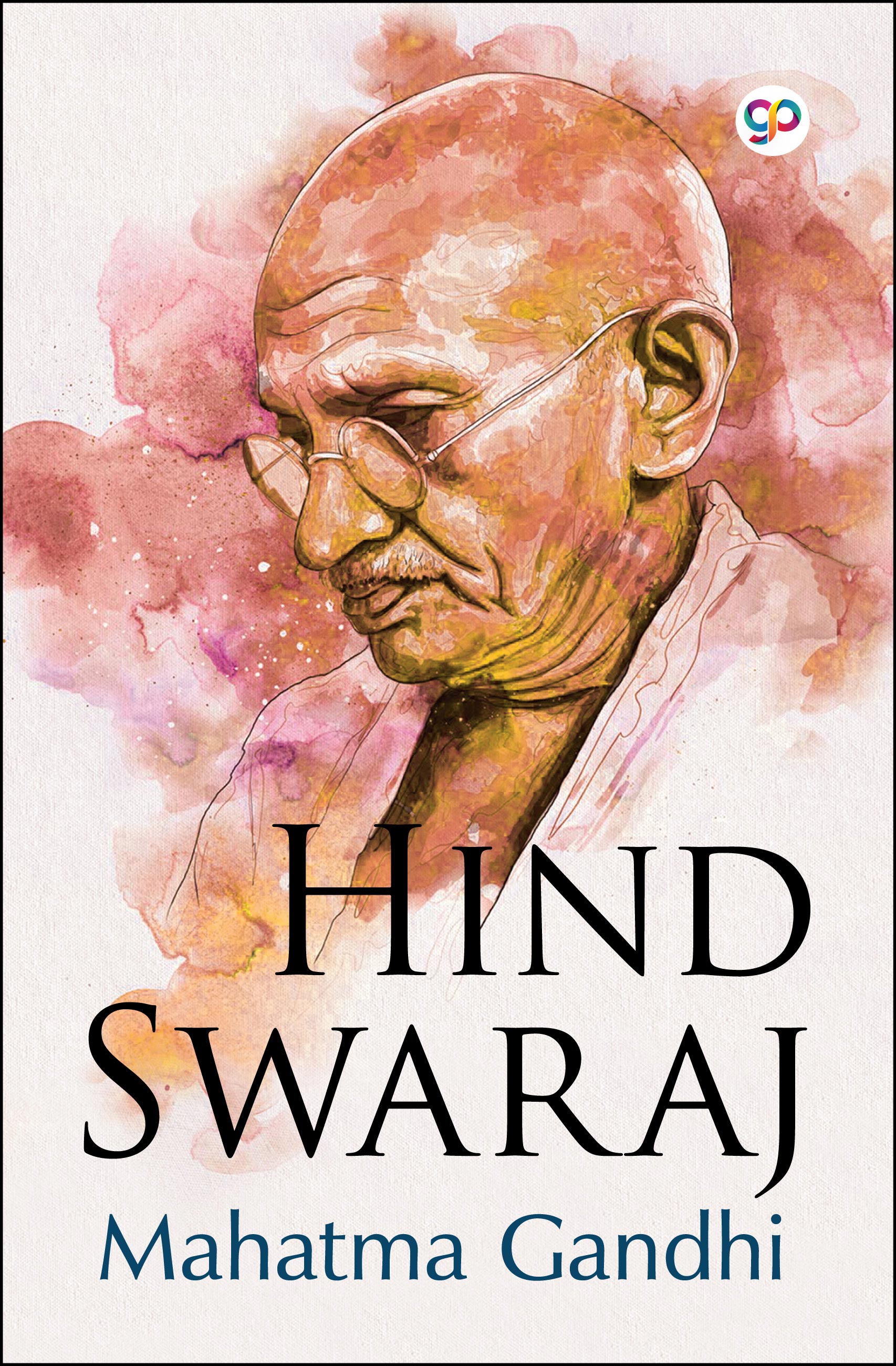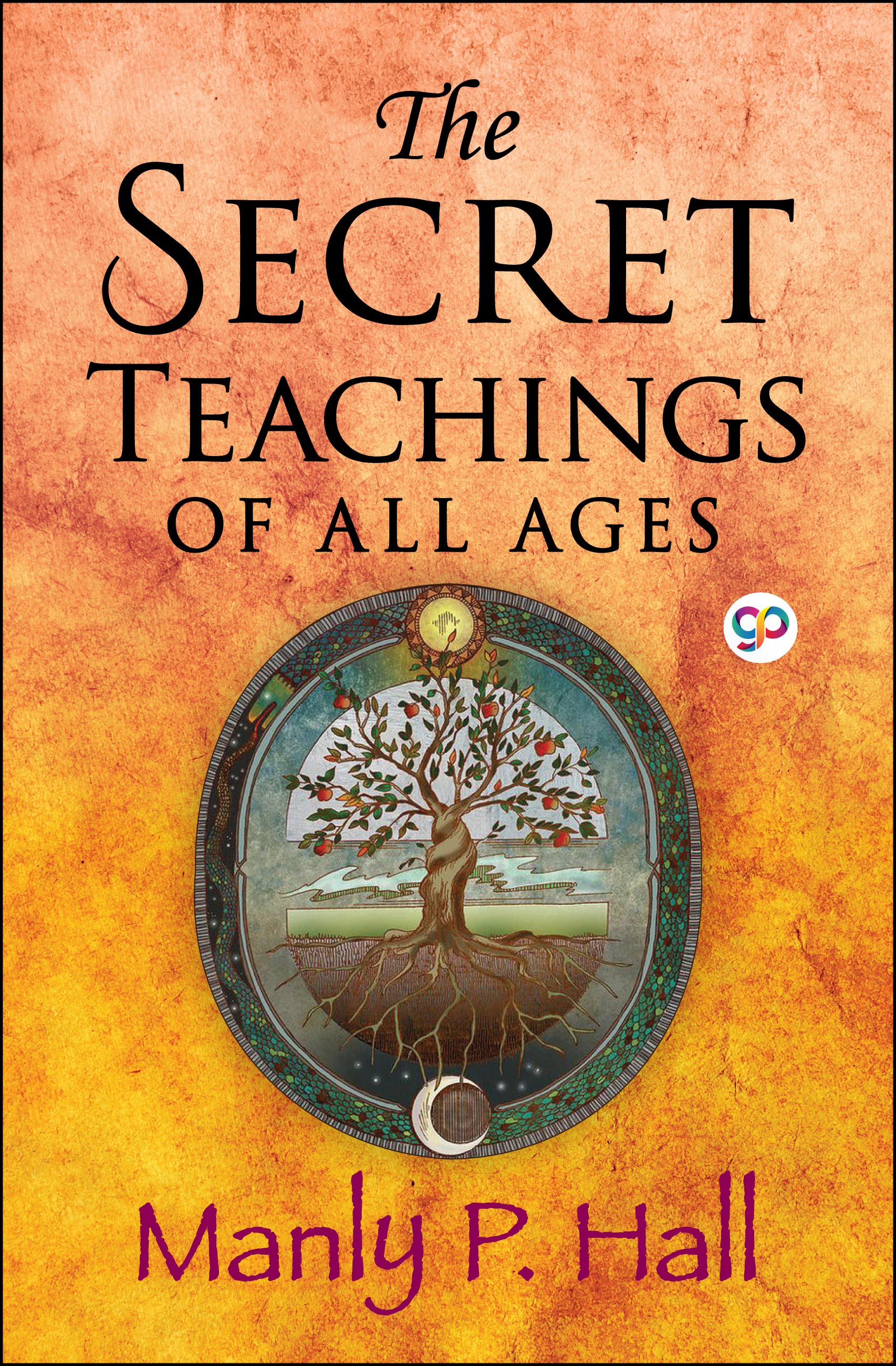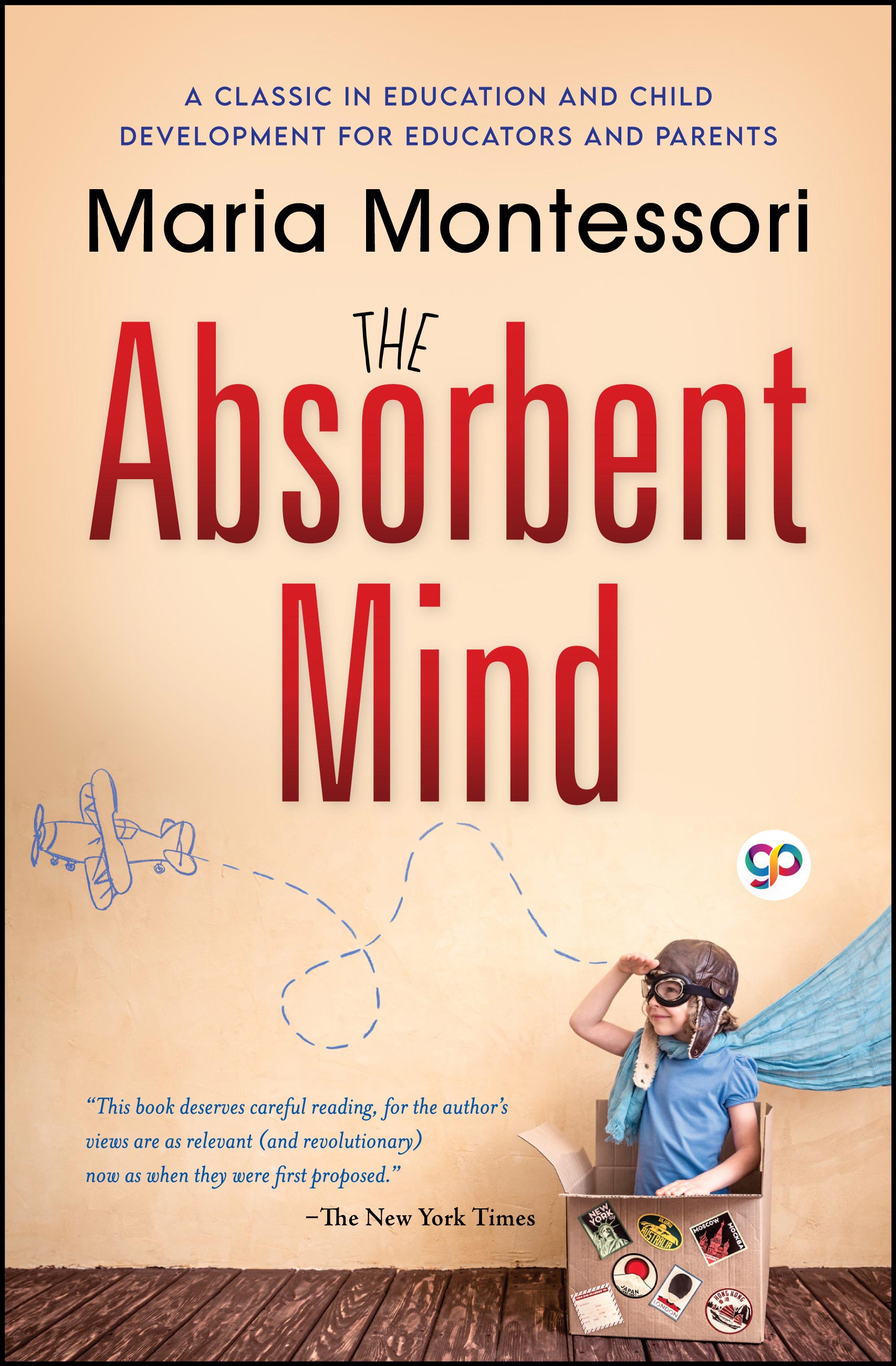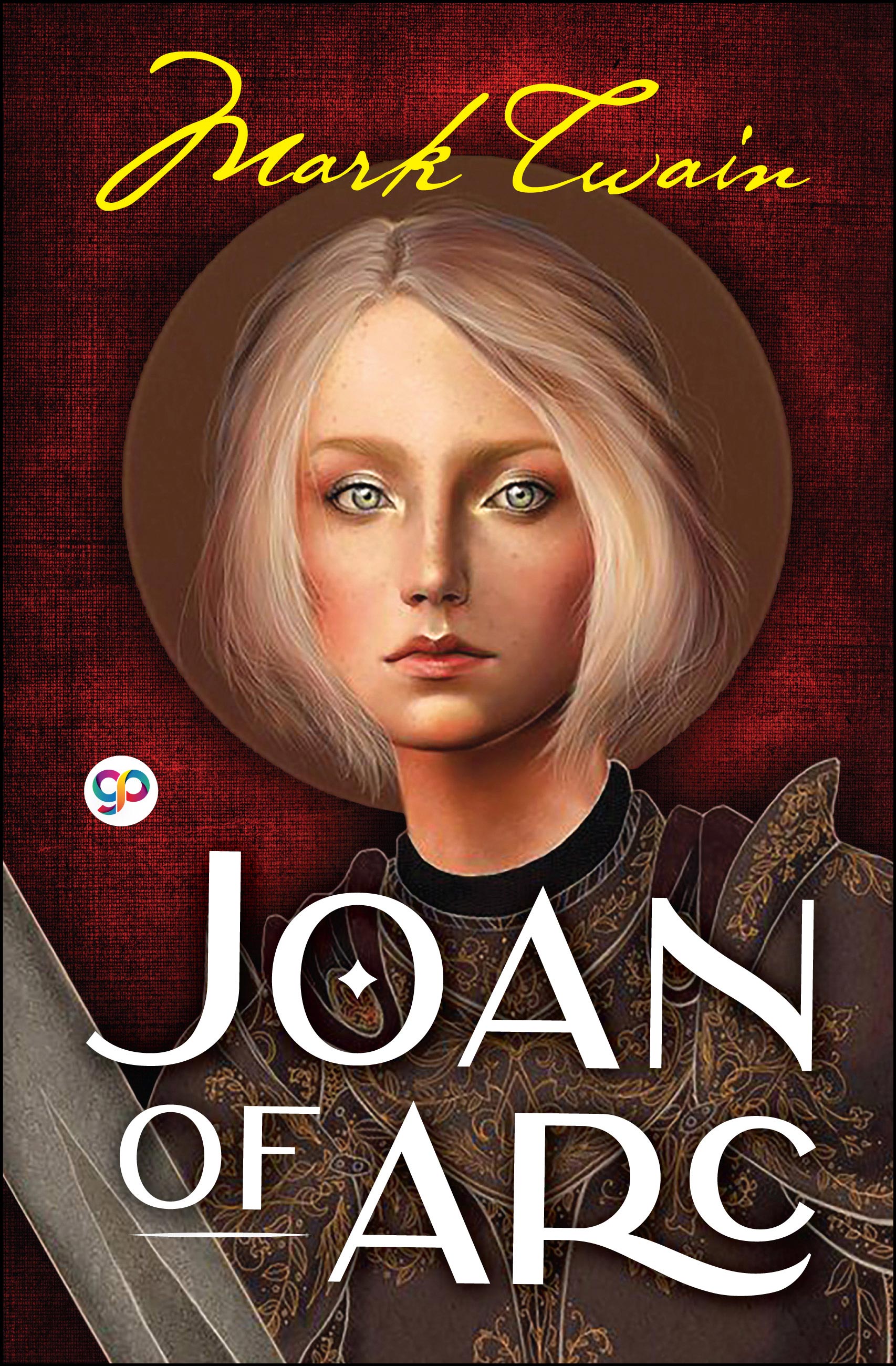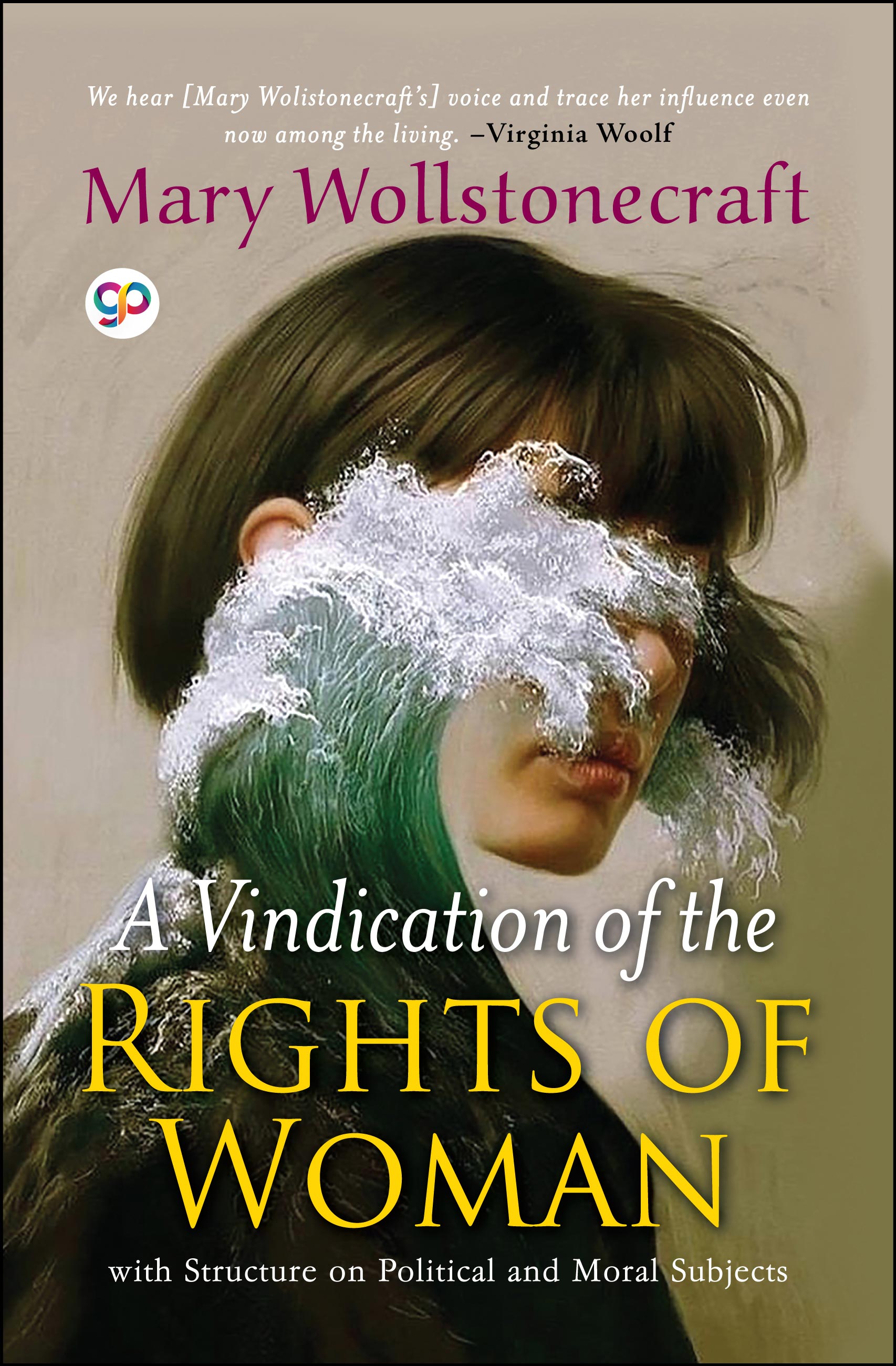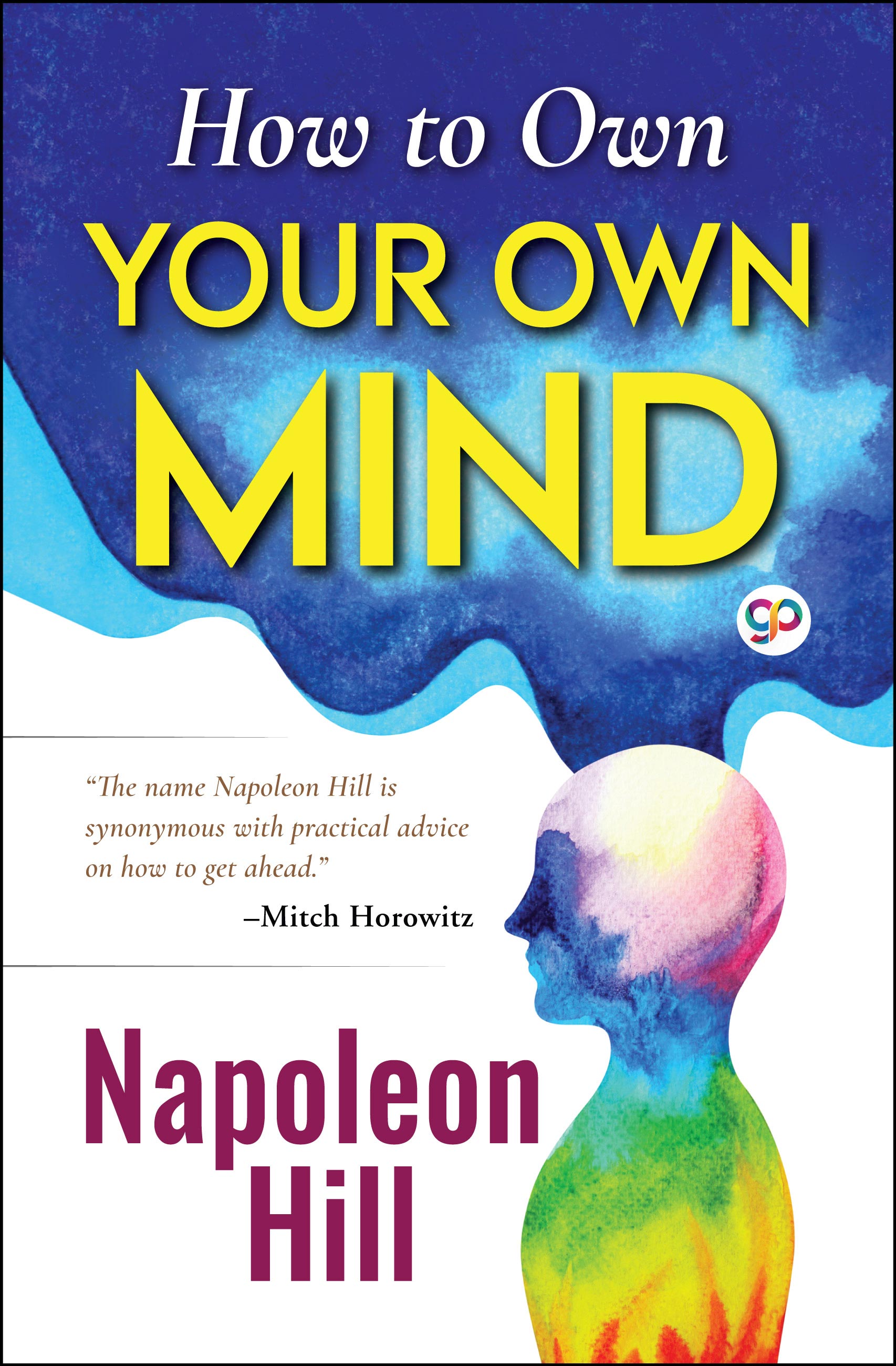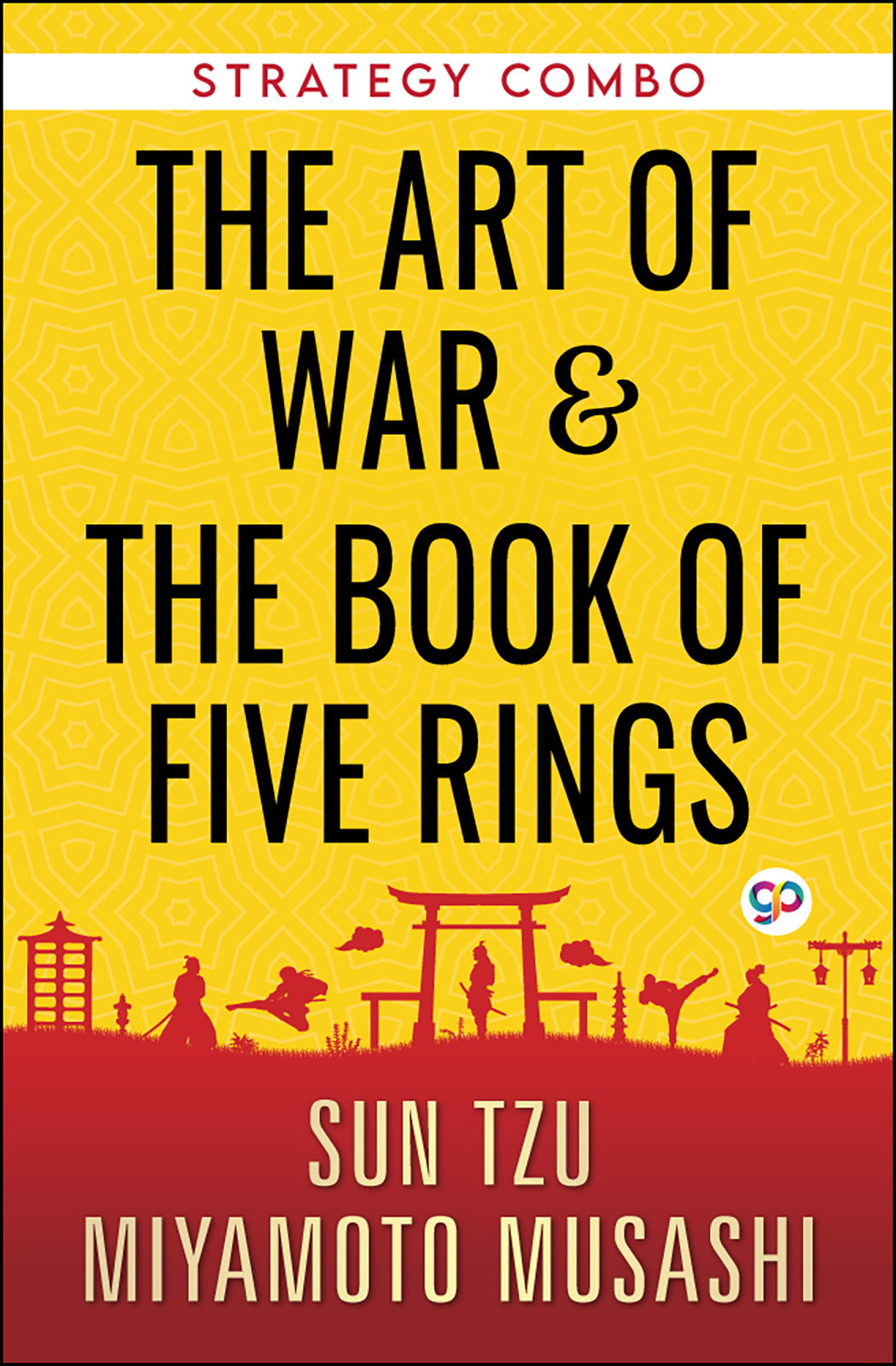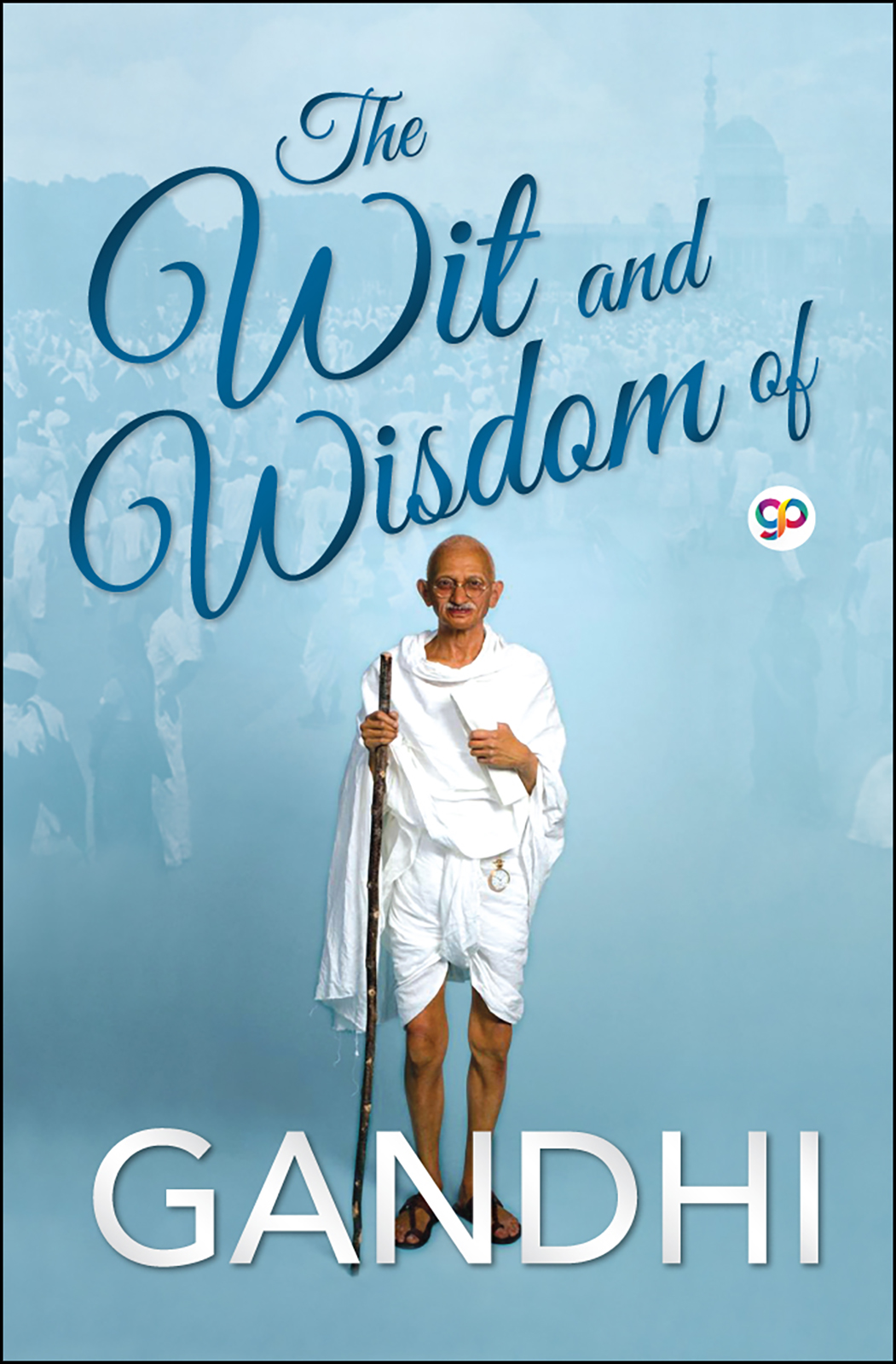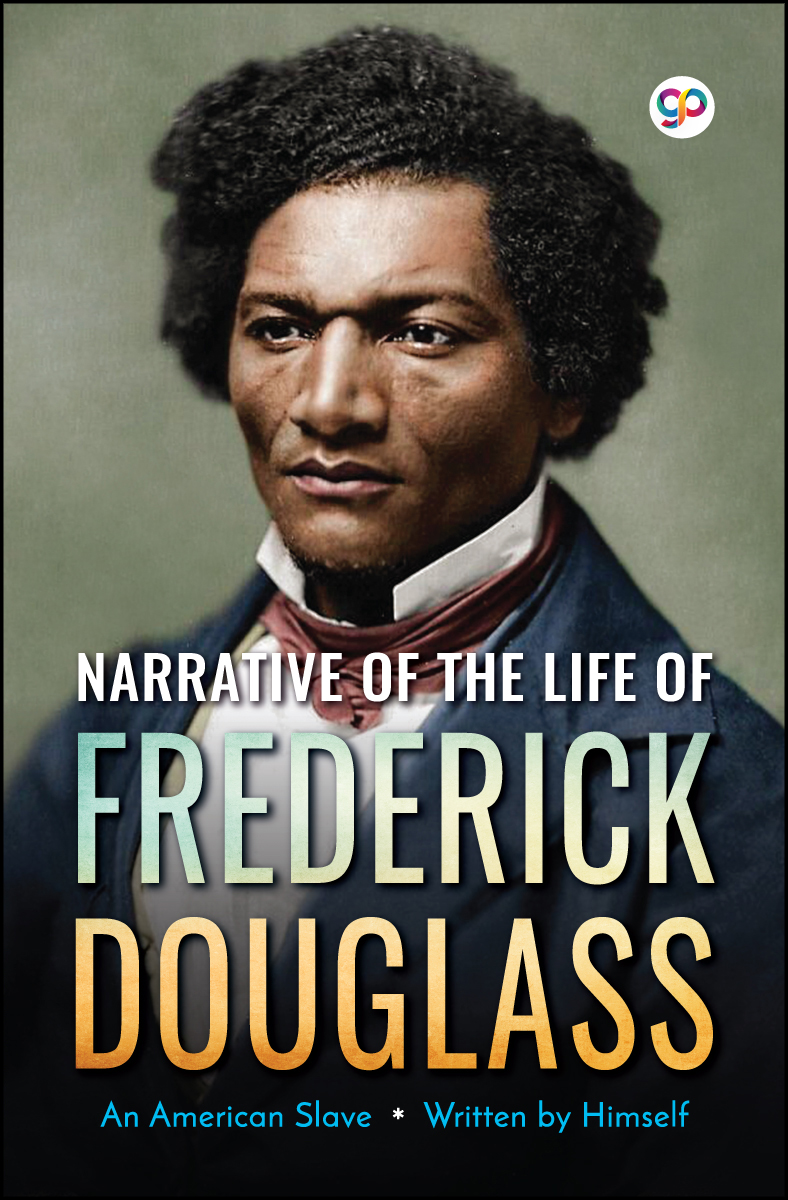
Narrative of the Life of Frederick Douglass (Hardcover)
The renowned orator and former slave Frederick Douglass wrote his memoir and abolitionist essay, ‘Narrative of the Life of Frederick Douglass’, in 1845. Among several accounts recorded by former slaves during the same time period, it is widely considered to be the most well-known. The narrative, which is regarded as one of the most important works of literature to have fueled the American abolitionist movement in the early 19th century, factually details the events of his life.
After relocating to Rochester, New York, in 1847, Frederick Douglass began collaborating with fellow abolitionist Martin R. Delany on the weekly publication of North Star, a newspaper critical of slavery. Douglass was the only man to speak at the inaugural women's rights convention in Seneca Falls, New York, in 1848, in support of Elizabeth Cady Stanton's contentious plank of women's suffrage. Douglass, who signed the Declaration of Sentiments, advocated for women's suffrage in his North Star. Stanton and Douglass stayed lifelong friends.
BEST SELLERS
About the Author
Frederick Douglass (né Frederick Augustus Washington Bailey) was born a slave in the state of Maryland in 1818. After his escape from slavery, Douglass became a renowned abolitionist, editor and feminist. Having escaped from slavery at age 20, he took the name Frederick Douglass for himself and became an advocate of abolition. Douglass traveled widely, and often perilously, to lecture against slavery.
His first of three autobiographies, The Narrative of the Life of Frederick Douglass: An American Slave, was published in 1845. In 1847 he moved to Rochester, New York, and started working with fellow abolitionist Martin R. Delany to publish a weekly anti-slavery newspaper, North Star. Douglass was the only man to speak in favor of Elizabeth Cady Stanton's controversial plank of woman suffrage at the first women's rights convention in Seneca Falls, New York, in 1848. As a signer of the Declaration of Sentiments, Douglass also promoted woman suffrage in his North Star. Douglass and Stanton remained lifelong friends.
In 1870 Douglass launched The New National Era out of Washington, D.C. He was nominated for vice-president by the Equal Rights Party to run with Victoria Woodhull as presidential candidate in 1872. He became U.S. marshal of the District of Columbia in 1877, and was later appointed minister resident and consul-general to Haiti. His District of Columbia home is a national historic site. D. 1895.


